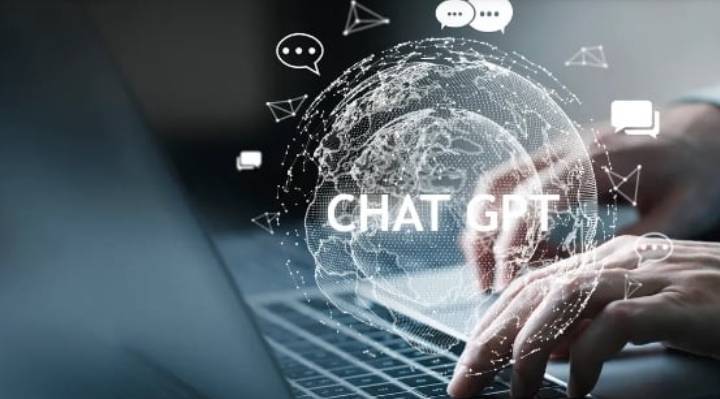The widespread adoption of the interactive chat robot (ChatGPT) and similar AI tools has prompted people to explore ways to benefit from them for work, education, or personal purposes. Over time, we have discovered various uses for ChatGPT, such as writing emails, blog posts, long articles, stories, summarizing texts, meetings, and podcasts, translating texts, clarifying complex subjects, as well as writing and debugging code, among many others. However, have you ever asked yourself what ChatGPT cannot do and why it sometimes stops the conversation abruptly and gives a "Network Error" message? Here are the main things that ChatGPT cannot do, along with some inquiries it will not respond to:
1. **Cannot Provide Responses for Events After 2021**: ChatGPT was trained on large datasets that only extend to 2021, meaning it does not have access to information or events that occurred after that date. Therefore, all of its responses are based on data available only until 2021, making its answers outdated.
2. **Cannot Predict Future Outcomes of Sports Events or Political Elections**: When asked why it cannot predict sports events or elections despite having ample historical data, ChatGPT explained that while it can analyze historical data, predicting accurate outcomes for sports or elections is not always straightforward due to unforeseen events, changes, and human decision-making that may influence the outcomes.
3. **Will Not Perform Web Searches Currently**: ChatGPT's responses are limited to the data it was trained on, and since this data only extends to 2021, it cannot access more recent information. It cannot function as a search engine or verify the accuracy of information found online as it is restricted to its training data.
4. **Cannot Write Complex Code**: ChatGPT generated significant buzz for debugging and writing simple programs, but it admits limitations when tasked with writing complex code, such as developing sophisticated games or business applications.
5. **Cannot Provide Voice Responses**: Lacking the capability to understand the nuances of human conversation, ChatGPT generates text responses only. It does not have the functionality for voice interaction, as this would require substantial computational power, making it more costly to develop.
6. **Will Not Always Give Accurate Answers**: As its responses are based on the information available up to 2021, which may not be comprehensive or updated, ChatGPT cannot guarantee the accuracy of its answers, especially on nuanced topics.
7. **Cannot Provide Long or In-Depth Answers**: When asked for lengthy or detailed responses, ChatGPT may stop working and present a "Network Error". Typically, its responses can range from 500 to 700 words, but if the inquiry requires more extensive elaboration, it may fail to comply.
**What Types of Inquiries Will ChatGPT Not Respond To?**
In addition to the types of requests mentioned earlier, there are also specific queries that ChatGPT is programmed not to respond to, including:
- Questions promoting hate speech or discrimination.
- Questions involving illegal activities or seeking illegal advice.
- Questions that promote violence or self-harm.
- Questions violating personal privacy or rights.
- Questions designed to harass or threaten.
- Profanity or obscene language inquiries.
- Questions endorsing or promoting drugs or illegal substances.
- Irrelevant or spam questions.
- Questions containing confidential or private information.
- Financial or investment advice inquiries.
- Questions violating service terms or community guidelines.
- Questions that are nonsensical or incomprehensible.
- Personal attacks or insults.
- Offensive or distressing questions.
- Questions aimed at deception or misinformation.
- Questions intending to defame or harm someone's reputation.
- Questions promoting conspiracy theories or misinformation.
**What Do These Limits Mean for the Future of Generative AI?**
Clearly, an AI trained on a dataset only up to 2021 will quickly become outdated if not evolved, as its responses will no longer satisfy a user’s curiosity for current information. For instance, if ChatGPT's training data were limited to 2019 instead of 2021, it would not account for significant changes during the COVID-19 pandemic in 2020, which reshaped society.
Thus, for generative AI to remain relevant, it must continue to train and update its knowledge. A clear way to achieve this would be to fully open the web and allow it to refresh its information.




